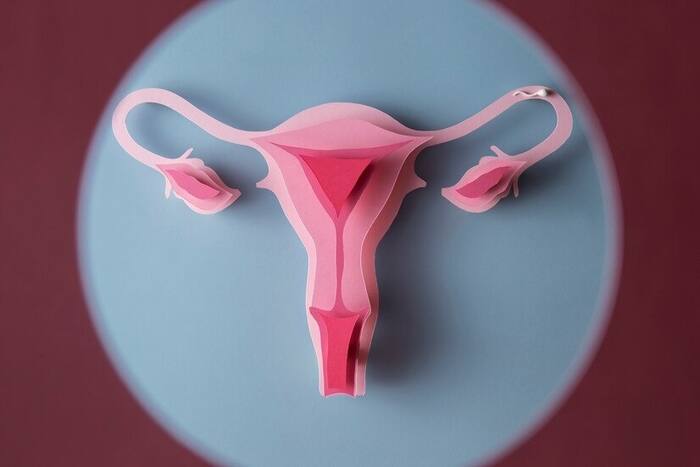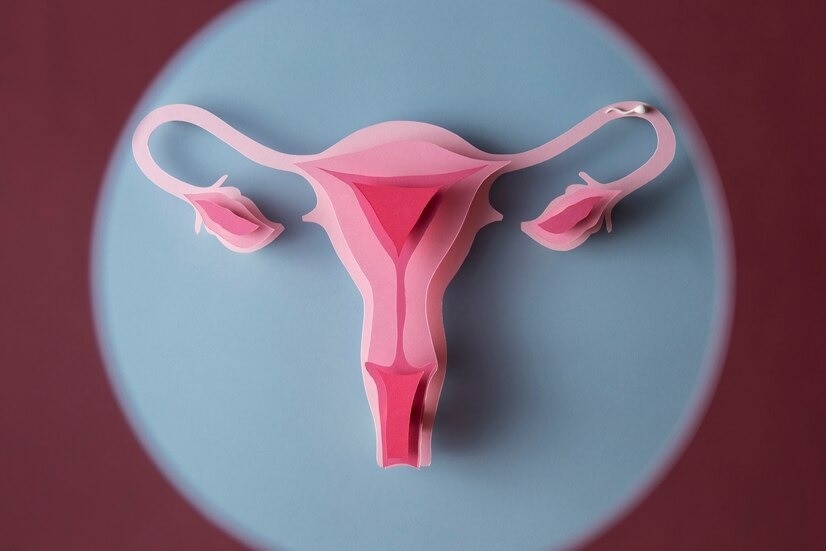Cervical cancer can affect women of all ages, it’s more common in those over 30. It is highly preventable and often treatable when caught early.

Throughout our lives, taking care of our health is essential. From maintaining a balanced diet and exercising regularly to attending routine checkups, these steps empower us to stay well. One important aspect of women’s health involves the cervix, the lower part of the uterus connecting to the vagina. While many women may not experience any problems, a preventable cancer called cervical cancer can develop in the cervix. Although it can affect women of all ages, it’s more common in those over 30. Cervical cancer is highly preventable and often treatable when caught early.
What is Cervical Cancer?
Cervical cancer is a type of cancer that starts in the cervix, although it can impact women of all ages, it is more frequently seen in those who are over 30 years old. The positive aspect is that cervical cancer can be largely avoided and usually cured if detected early. The main cause of cervical cancer is a persistent infection with the human papillomavirus (HPV), a very common virus transmitted through sexual contact. While most HPV infections clear on their own, certain strains can linger and lead to abnormal cell growth in the cervix. These abnormal cells, if left undetected, can develop into cancer over time.
Cervical cancer rarely shows symptoms in its early stages. This is why regular screening is crucial for early detection. Common screening methods include Pap smears and HPV tests. These tests can identify precancerous changes in the cervix, allowing for treatment before cancer develops. Let’s delve deeper into understanding this cancer, its causes, and the best ways to protect ourselves.
Symptoms of Cervical Cancer
In the beginning, cervical cancer may not have any symptoms, but as it gets worse, certain signs may show up. These signs include:
- Abnormal vaginal bleeding between periods
- Abnormal vaginal bleeding after sexual intercourse
- Abnormal vaginal bleeding post-menopause
- Pelvic pain during sex
- Unusual vaginal discharge
Pain in the lower back or pelvis certain factors can increase your risk of developing cervical cancer, including:
- Smoking
- Weakened immune system due to HIV or other conditions
- Multiple sexual partners
- Early age of first sexual intercourse
- Family history of cervical cancer
Prevention And Treatment
According to Dr. Sangram Keshari Panda, Surgical Oncology, HCG Panda Cancer Hospital, Telengapentha, Cuttack, “The two main strategies for preventing cervical cancer are vaccination and regular screening:”
- Vaccination: The HPV vaccine is highly effective in preventing infection with the strains of HPV most associated with cervical cancer. It is recommended for girls and boys starting at age 9 and can be given up to age 26.
- Screening: Regular Pap smears or HPV tests are crucial for early detection. The recommended frequency of screening may vary depending on your age and risk factors.
He added, “Treatment for cervical cancer depends on the stage and extent of the cancer. It may involve surgery, radiation therapy, chemotherapy, or a combination of these. Early detection significantly improves treatment success rates and often allows for less invasive treatments.”
Early Detection Tips
- Schedule regular Pap smears or HPV tests as recommended by your doctor.
- Be aware of potential symptoms and discuss any unusual changes with your doctor.
- Maintain a healthy lifestyle by not smoking, limiting alcohol consumption, and eating a balanced diet.
- Get vaccinated against HPV.
It’s important to remember that you can largely prevent cervical cancer by taking simple steps such as getting vaccinated and getting regular screenings. By actively taking care of your health and learning about preventive measures, you can significantly reduce your risk of developing this cancer. Regular screenings also help in detecting the cancer early, which allows for prompt treatment if needed. Taking these proactive measures helps you prioritize your health and protect yourself from cervical cancer.

